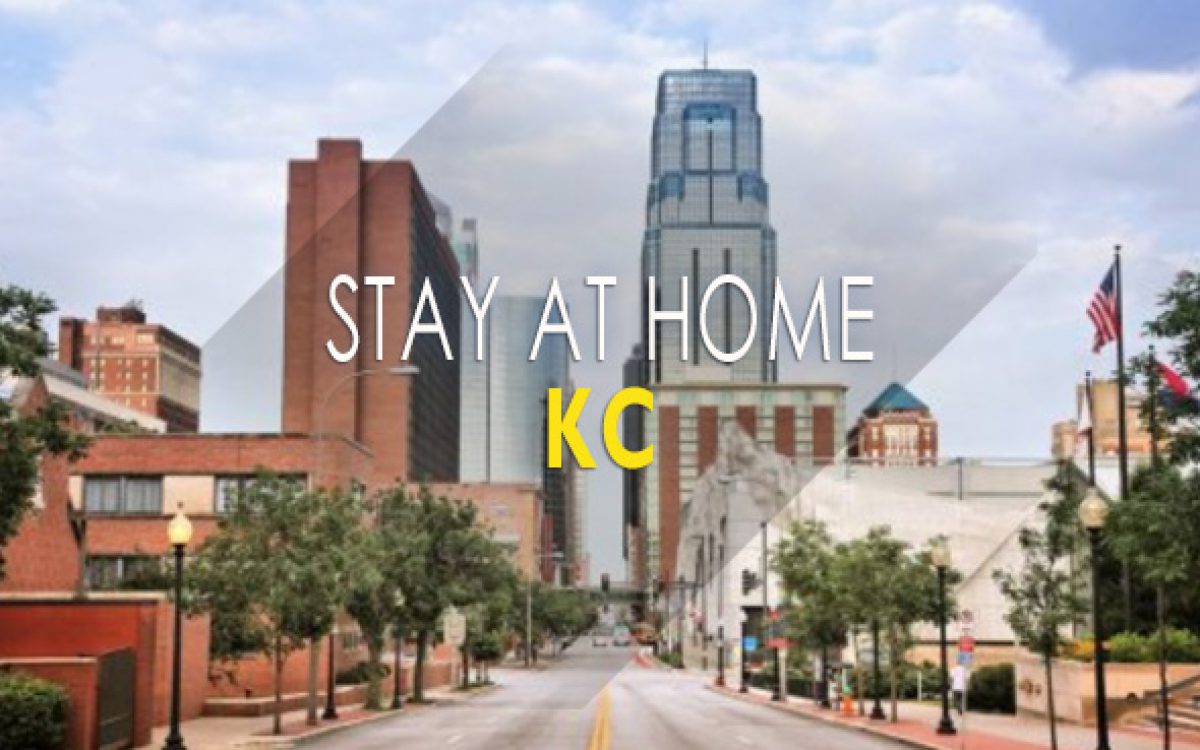Kansas City area local authorities – including the City of Kansas City, Clay, Cass and Platte Counties in Missouri, and Johnson, Wyandotte, Douglas and Leavenworth Counties in Kansas – have issued executive orders requiring all residents to stay at home for thirty (30) days beginning at 12:01 a.m. on March 24th, through 12:01 a.m. on April 23rd. However, there are exceptions for “Essential Activities,” “Essential Government Functions” and “Essential Businesses.”
Essential Activities
Individuals are directed to stay at home and leave their residence only to perform any of the following “Essential Activities”:
- Visiting a doctor, obtaining prescriptions, or obtaining medical supplies;
- Purchase essential products to live or work at home;
- Engage in outdoor exercise or activity, provided social distancing is utilized;
- To work or provide services to an “Essential Business”;
- To care for a pet or family member living at another household; and
- To work or provide services to help maintain essential infrastructure (i.e., water, sewer, electric, gas, construction, roads, internet services, etc.).
Essential Government Functions
The following “Essential Government Functions” are exempt from the “stay at home” order:
- All first responders, public health, emergency management personnel, essential responders to the County’s emergency operations center, emergency dispatchers, court personnel, and law enforcement personnel, and others working for or to support Essential Businesses; and
- All services needed to ensure the continuing operation of the government agencies and provide for the health, safety and welfare of the public, including judicial functions.
Essential Businesses
All businesses, except those whose employees can telework, must cease operations. However, the following businesses are exempted from that order:
- Healthcare Operations, Essential Infrastructure and Essential Government Functions;
- Grocery stores and similar businesses;
- Food cultivation;
- Human and animal food processing facilities;
- Businesses that service the economically disadvantaged;
- Media;
- Gas stations and auto repair facilities;
- Banks and financial institutions;
- Hardware stores;
- Mail and package delivery providers;
- Educational institutions that offer distance learning;
- Service providers (e.g., plumbers, electricians, exterminators) that are necessary to maintain safety and sanitation;
- Laundry;
- Railroads;
- Restaurants offering food delivery or carryout only;
- Airlines, taxis, and other transportation providers;
- Residential facilities and shelters;
- Businesses that supply products for people who work at home;
- Childcare facilities providing services to employees exempt from the order; and Professional Services.
